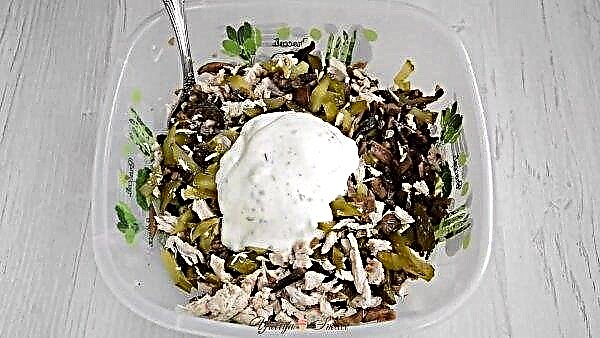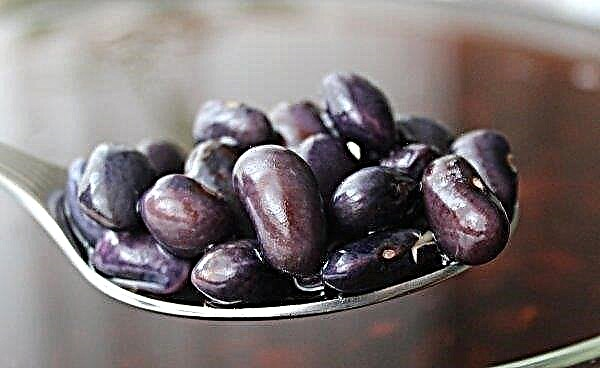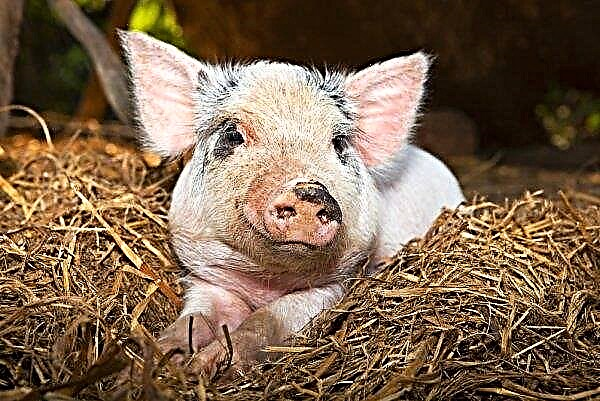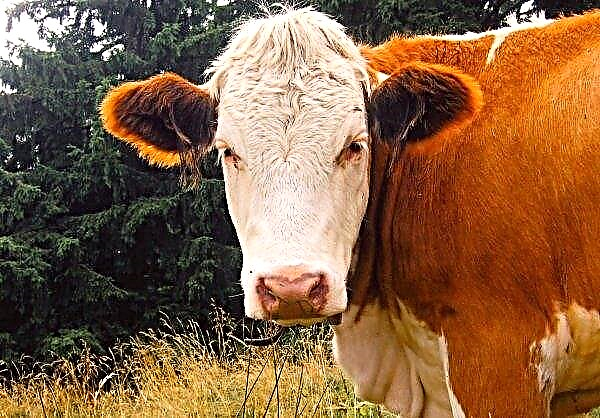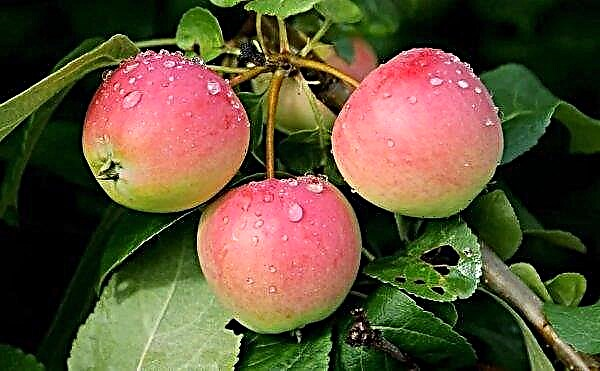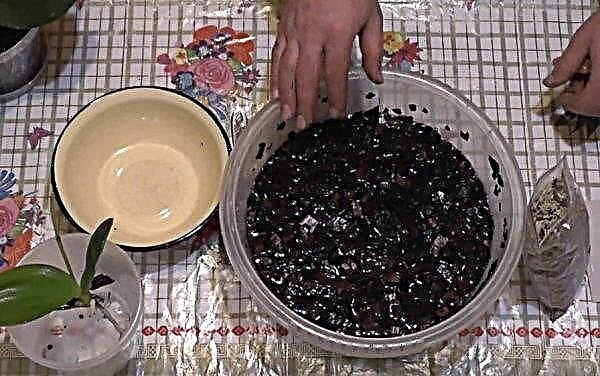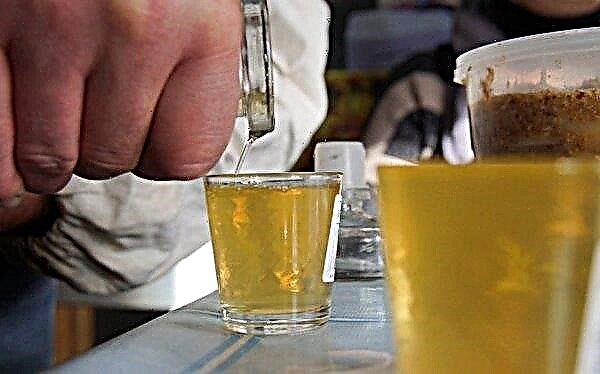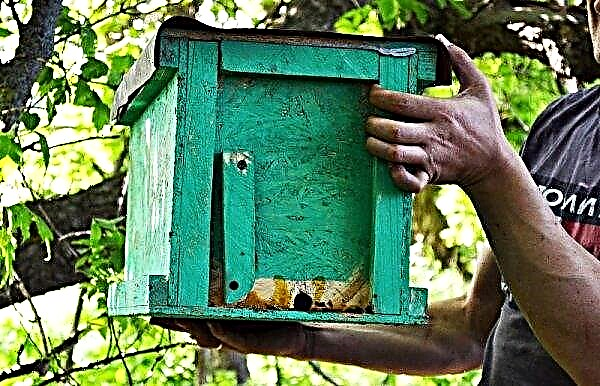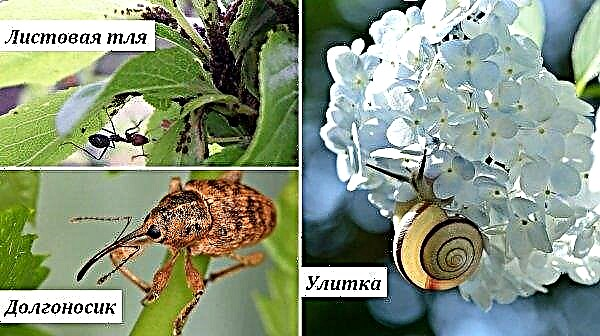A group of enthusiasts from the province of Quebec in Canada breeds beneficial insects and ticks. The aim of the work is to use them in the fields and in greenhouses so that they kill harmful insects, reducing the use of pesticides.
The breeder is always proud of his animals, and farm employee Milen Saint-Onge is no exception. Approaching, we see that the soot swarming. “They are my trichograms. There are 400 thousand individuals, ”she says.
Milen Saint-Onge is Production Manager and Scientific Director of Anatis Bioprotection, a unique Quebec farm. There are tens of millions of insects. So, trichograms are grown here - small wasps smaller than 1 mm in size. They lay their eggs in the eggs of a corn moth. The larva of Trichogramma ostriniae feeds on the embryo of a moth.

“It literally kills the problem in the bud,” says Milen Saint-Onge. This event delights farmers with whom Anatis Bioprotection sells small “cards” filled with Trichogramma ostriniae nymphs. Farmers need to hang them on their plants, after which insects spread around the field. According to the company, Anatis Bioprotection small wasps are already active in 30% of the cultivated area of sugar corn in Quebec.
Anatis Bioprotection was founded by Sylvia Todorova, a researcher of Bulgarian descent, who sought to use her insect knowledge to work in non-chemical farming.
Most of the insects grown here are local and are already in ecosystems. The only exception is the wasp Trichogramma ostriniae, which comes from China. However, Milen Saint-Onge assures that the wasp lays eggs only in the eggs of the European corn moth and does not leave the field.

In recent months, new farmers have shown interest in insects and ticks by Anatis Bioprotection: for example, legal cannabis producers who are forbidden to use pesticides apply to the farm.

